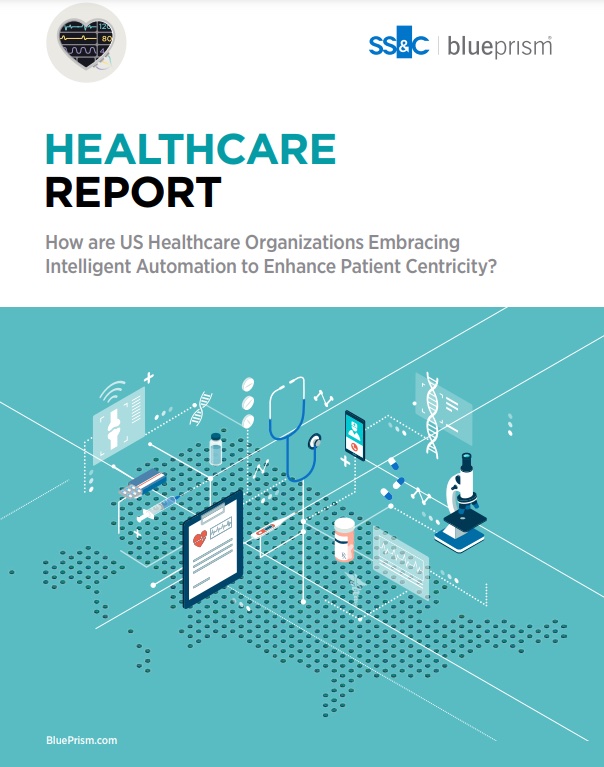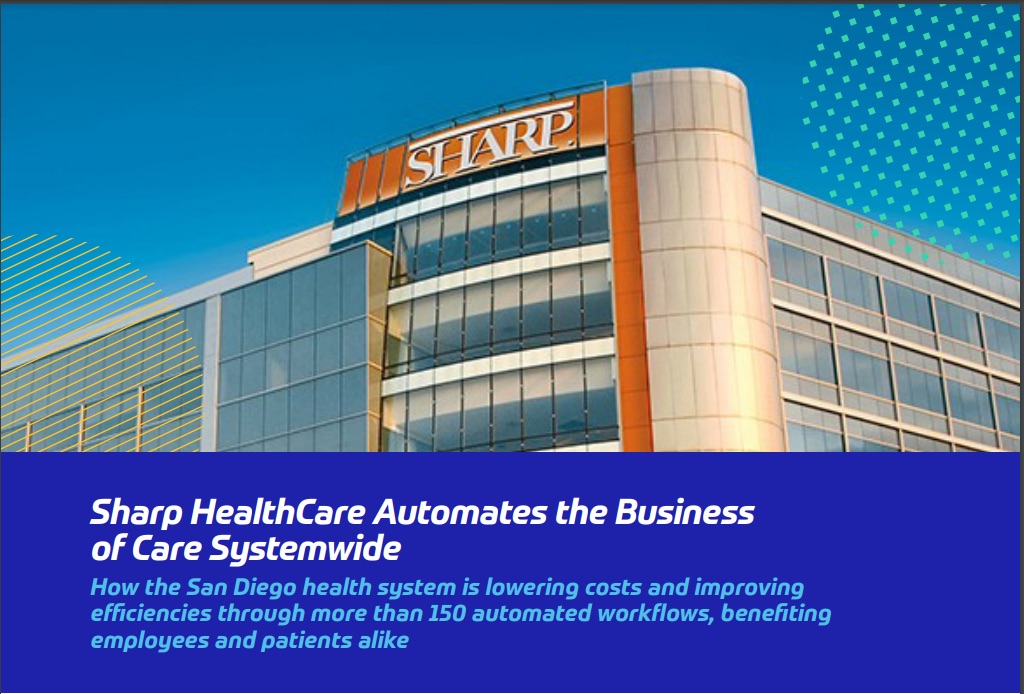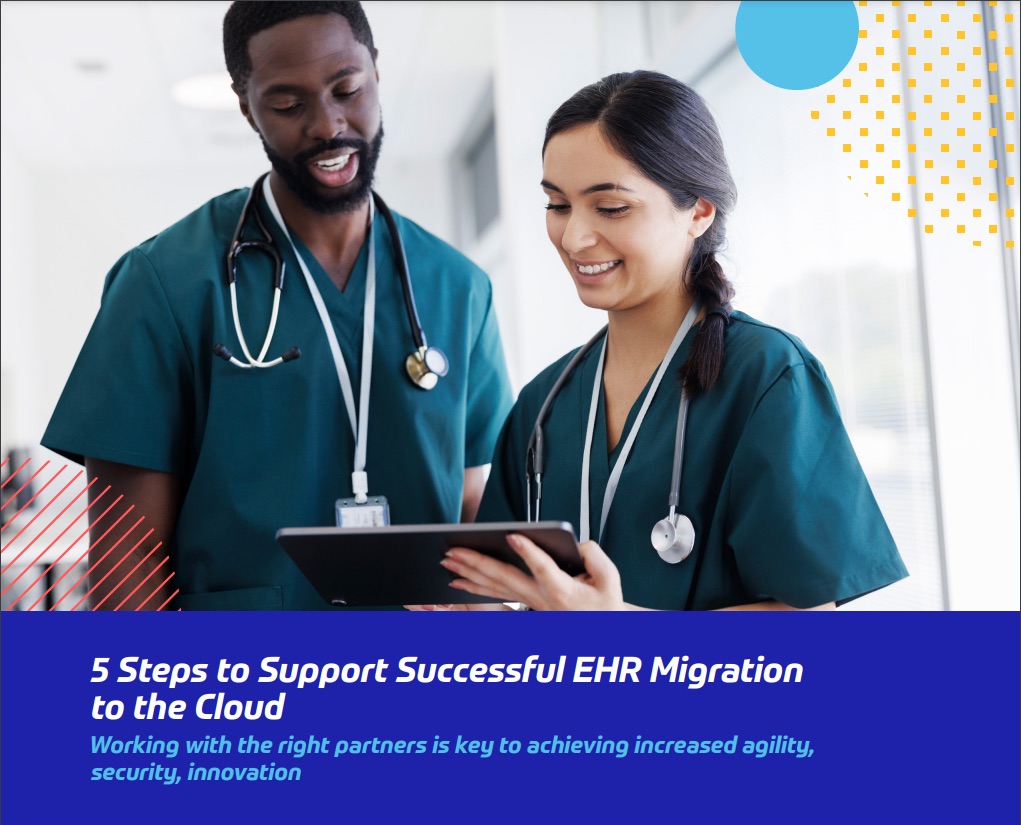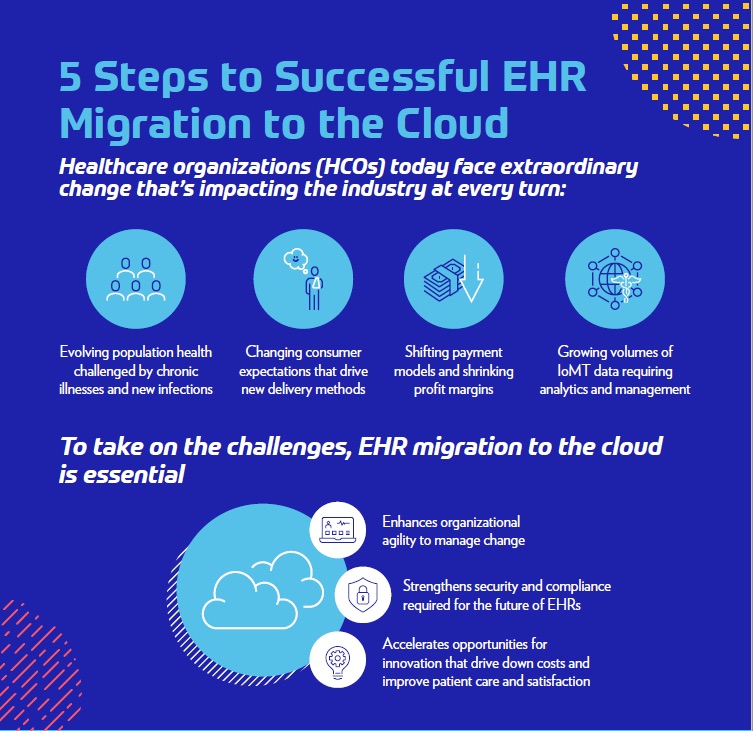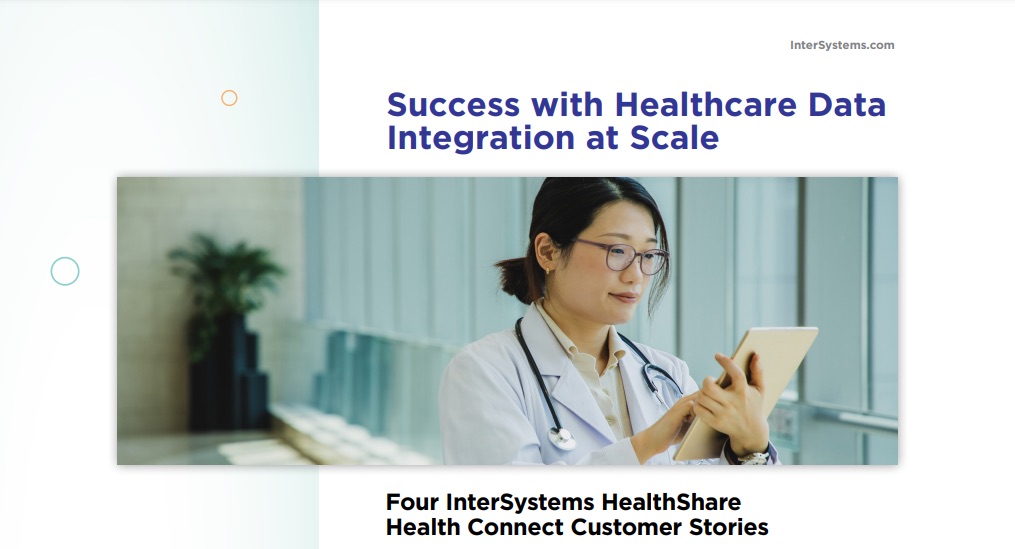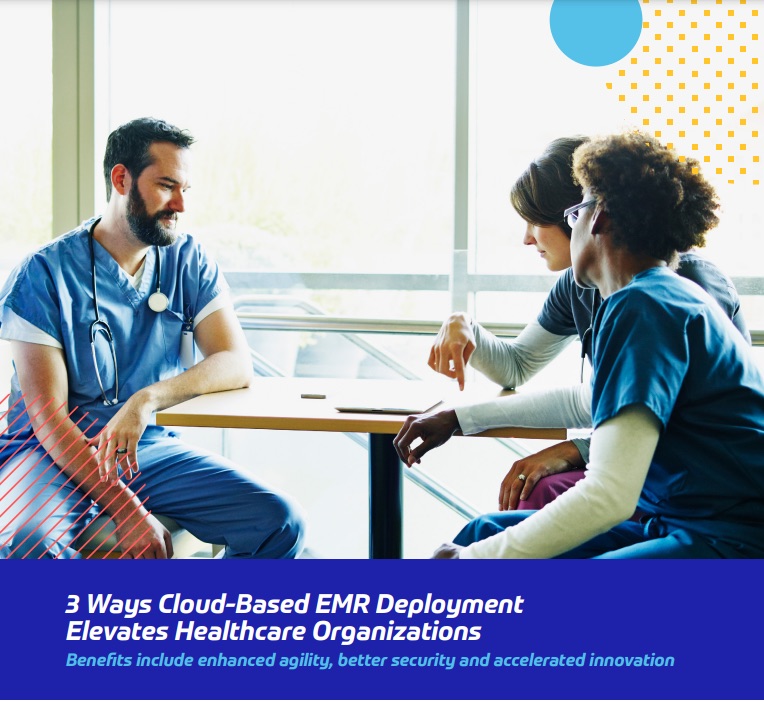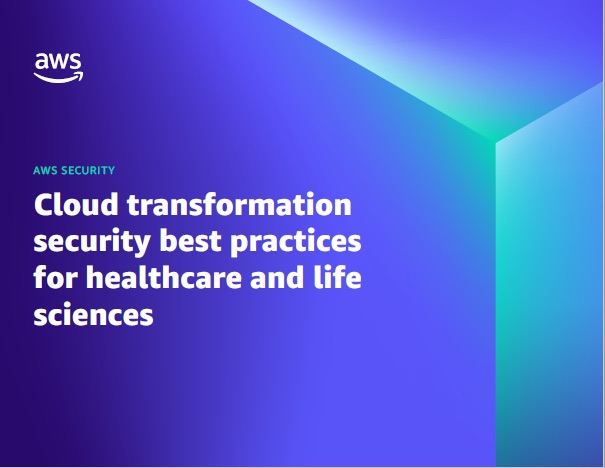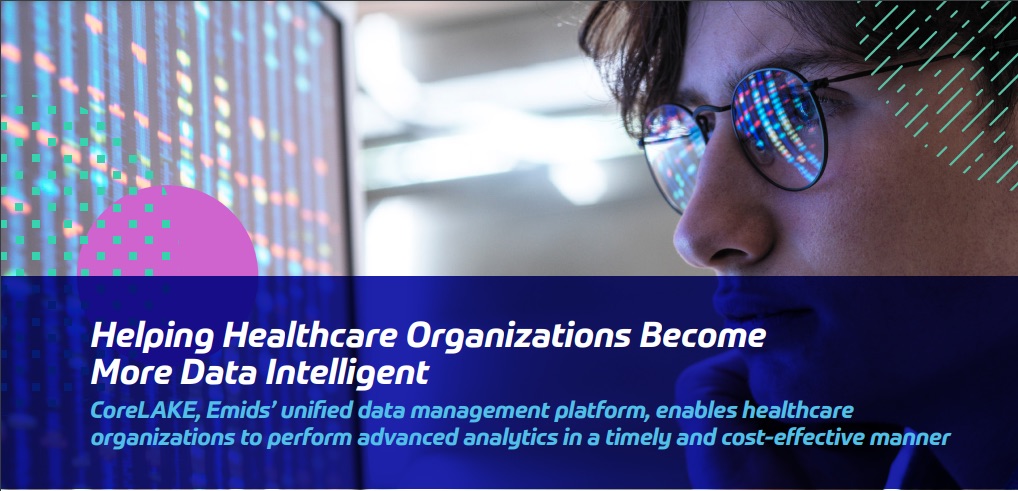White Papers
Healthcare report: How are U.S. healthcare organizations embracing intelligent automation to enhanc…
The U.S. healthcare sector is facing unprecedented challenges, including an aging population, growing consumerism, changes in regulation and more. All these challenges put pressure on finances and staff as health systems struggle to cope with additional workloads. However, these challenges also present opportunities to build on the introduction of automated processes necessitated by the COVID-19 pandemic. SS&C Blue Prism’s intelligent automation platform can empower healthcare organizations to do more for patients with the same resources or even fewer, enabling more effective, streamlined patient pathways that free up clinical staff to spend more time with patients.
The past three years of M&A activity in Revenue Cycle Management (RCM) and Healthcare Information Technology (HCIT) have been incredibly busy, with more than $150 billion changing hands in 700 transactions. As owners, investors and senior executives of RCM and HCIT companies consider their M&A options, they often have questions about how to determine valuation multiples for their companies. What, how, and when buyers pay for a company is directly tied to what they perceive to be the potential return on the investment, the time horizon for that return, and the risk involved in realizing that return. Greenberg Advisors’ concise guide outlines some of the most common considerations in RCM and HCIT transactions.
The growth of Sharp Healthcare, the largest health system in San Diego County, has generated millions of additional patient records and back-office documents. Like other health systems, staff working within EHR, ERP and other core systems did not have the ability to easily access, integrate and process medical records and other supply chain documents received via email, fax, web forms, patient monitors and scanned paper documents.
Having real-time insights into every experience that matters allows healthcare organizations to understand the patient journey from end-to-end, connect feedback from multiple data channels, make data-driven business decisions that improve their bottom line and drive action at every level to deliver on patient and employee expectations.
The COVID-19 pandemic accelerated the need for healthcare organizations to embrace digital transformation. However, the move to remote work has left some finance and AP teams scrambling to process the financials needed to keep business moving and ensure compliance both internally and externally.
Healthcare organizations are facing extraordinary change that’s impacting the industry at every turn, including changing consumer expectations, shifting payment models and growing volumes of IoMT data requiring analytics and management. Migrating EHR systems to the cloud can enhance an organization’s agility, as well as strengthen security and accelerate opportunities for innovation. Learn how healthcare organizations have realized cost savings and have met organizational goals more readily after moving their EHRs to Azure.
For large healthcare delivery systems, software scalability is critical. As organizations grow, they need data to flow seamlessly across their health IT systems to achieve a unified care record and analytics that span the care continuum. However, many first-generation data sharing initiatives fail to address fundamental technical challenges, including access, scalability, and performance.
Healthcare organizations must be able to pivot quickly and respond to today’s ever-changing environment. An increasing number of organizations are moving their electronic medical records (EMRs) to the cloud as part of their digital transformations. Why? The cloud offers a means to update aging infrastructure and also adopt modern EMR technology that can help improve outcomes. Large health systems, including Mount Sinai Health System in New York City, are recognizing the value of moving clinical applications, including EMR, to the cloud.
Moving to the cloud means making transformational changes to your processes, services, cost structure and scale. It also requires you to modernize your approach to security and make the move from self-managed, on-premises security and assurance techniques to a fully managed service architecture that will support and scale with your new transformation architecture. Automated security helps reduce human configuration errors and gives security teams time to focus on other work critical to your organization. AWS security solutions and services can help you transform how you operate and free up your time to focus on your core business – all while making your organization more secure.
The adoption of a wide variety of information technology (IT) systems has made massive amounts of data available to hospitals and health systems. This data could give healthcare organizations the insights they need to enhance patient care, streamline operations and reduce costs; however, most of them lack the staff and skills to properly leverage their data for these purposes. Data management solutions can help healthcare organizations develop high-quality clinical data pipelines, but the large number of vendors and solutions available makes finding the right partner more difficult. Emids CoreLAKE is a low-code data management solution on AWS built by practitioners that can support healthcare organizations’ data-intelligence journey. By leaving data extraction, cleansing and standardization to the experts, organizations can focus on using that data to drive better patient care and to increase innovation.
